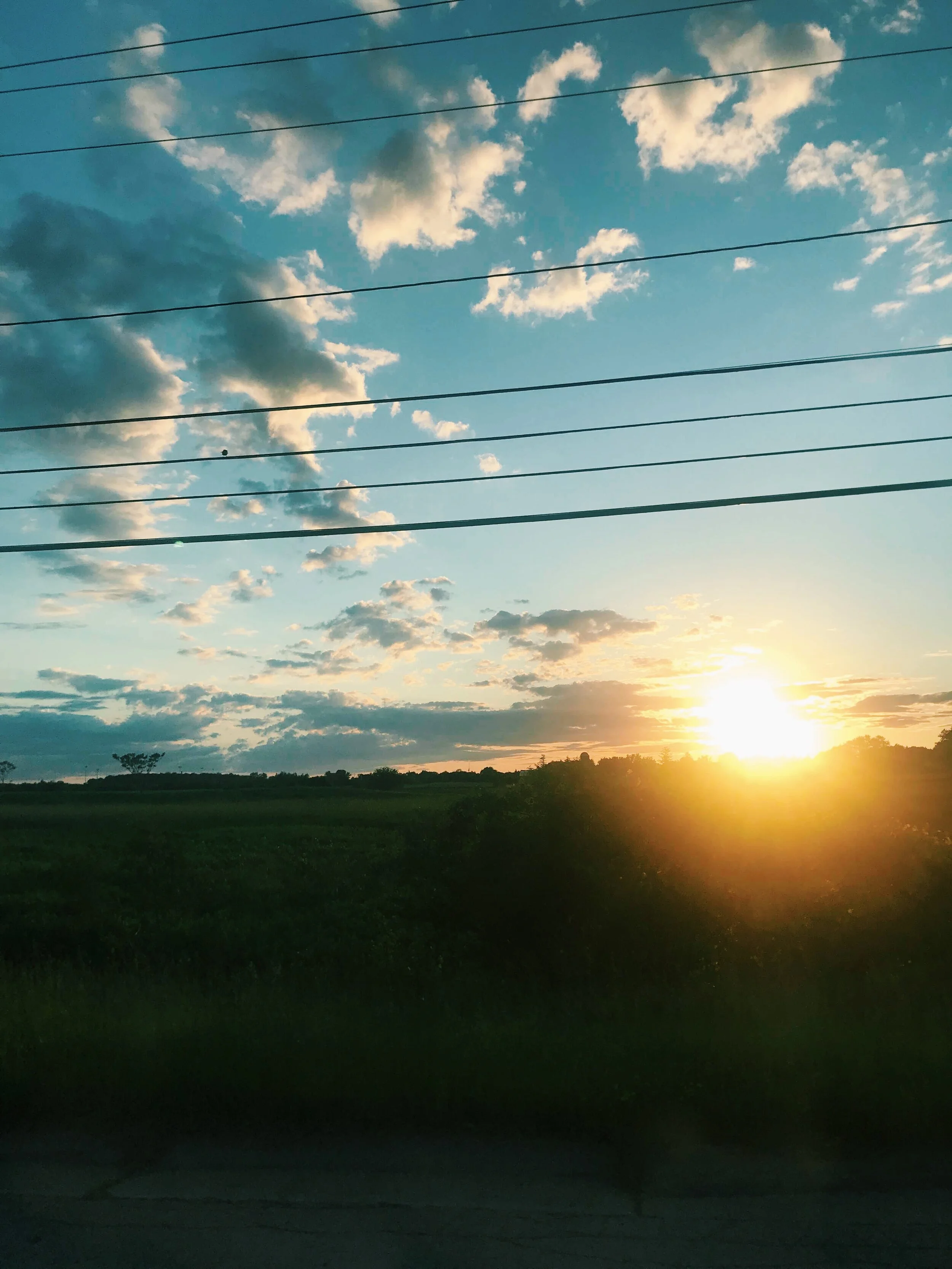An American Pandemic
Amidst this pandemic response chaos, there is a lot of talk about trade-offs: choosing human lives over the economy and vise versa. Of course, these are not black and white decisions. It's a rock and a hard place, each one made more or less palatable by our personal experiences, perspectives, and the impact on our own communities.
In my world, I see small business owners struggling for their and their employees' livelihoods. I see front line healthcare workers begging for people to hang on. I see layoffs, pay cuts, and calls for help. I see confusion, I see some compassion, I see unsolvable dilemmas.
The act of having this conversation as a global community, of trying to solve the dilemma: choosing who suffers, and how, is miserable. But honestly, it is waking me up to the tacet decisions that have been steering our world all along.
We as Americans are proud and independent. I like to think of myself as an individual - in charge of my own destiny. I got an education, I work hard, and I feel like in many ways I deserve to be successful. Sure I had some advantages but I also overcame obstacles that would knock down many others. Americans respect hard work and success and don't want to see people punished for succeeding above expectations. Because of that, there is a visceral negative reaction to the idea of increasing tax rates on the wealthy.
But how much is too much? Or how little is too little?
Our policies and economic systems are set up in a way that lets the tiniest fraction of our world collect unimaginable wealth. All the while millions of Americans can't afford basic healthcare and forty percent of children in the US experience poverty. And that's without Covid-19.
Something is broken.
Unless I'm sorely mistaken, no one reading these words is part of the super-rich class of multibillionaires.
None of us would be negatively impacted by an increased tax on people that make exorbitant amounts of money. We just have this ingrained idea that everyone deserves what they've got. I certainly feel like I deserve what I've made. It's my money and I deserve it for working so hard and accomplishing so much.
But what about children growing up in poverty? Do they deserve to go hungry? Do they sick deserve to die? Do people with disabilities deserve to suffer because they can't participant in an economic system designed for others? No, no. Obviously, no.
So, what if we let go of what we do and don't deserve.
What if we decided as a country and as a world that no one really deserves to hoard multiple billions of dollars. No one person is "worth" exponentially more than everyone else combined. All human beings are inherently valuable - no matter how able they are to contribute to our economy.
Human life is precious.
I don't know what you believe - and honestly, I don't always know what I believe either - but I do know that we are not on this earth to make as much money as possible. There is something more to life, and it's not this.
I don't have much else to say except that I see you all - and I'm with you. No matter if we agree or disagree, I feel your pain and I wish you well.
Here's what I just learned:
"By redistributing this wealth [ of the 400 richest people ], millions of lives would be saved. Billions would be rescued from poverty and disease. By inconveniencing just 400 people, the entire human race could advance to a new, unprecedented level of development.
And all of them would still be billionaires afterwards.
Is it really so radical to suggest that this is the right thing to do? Given the choice between millions of deaths, and slightly shrinking the fortunes of a few super rich people, how could anyone conclude that the death of millions is preferable?"


